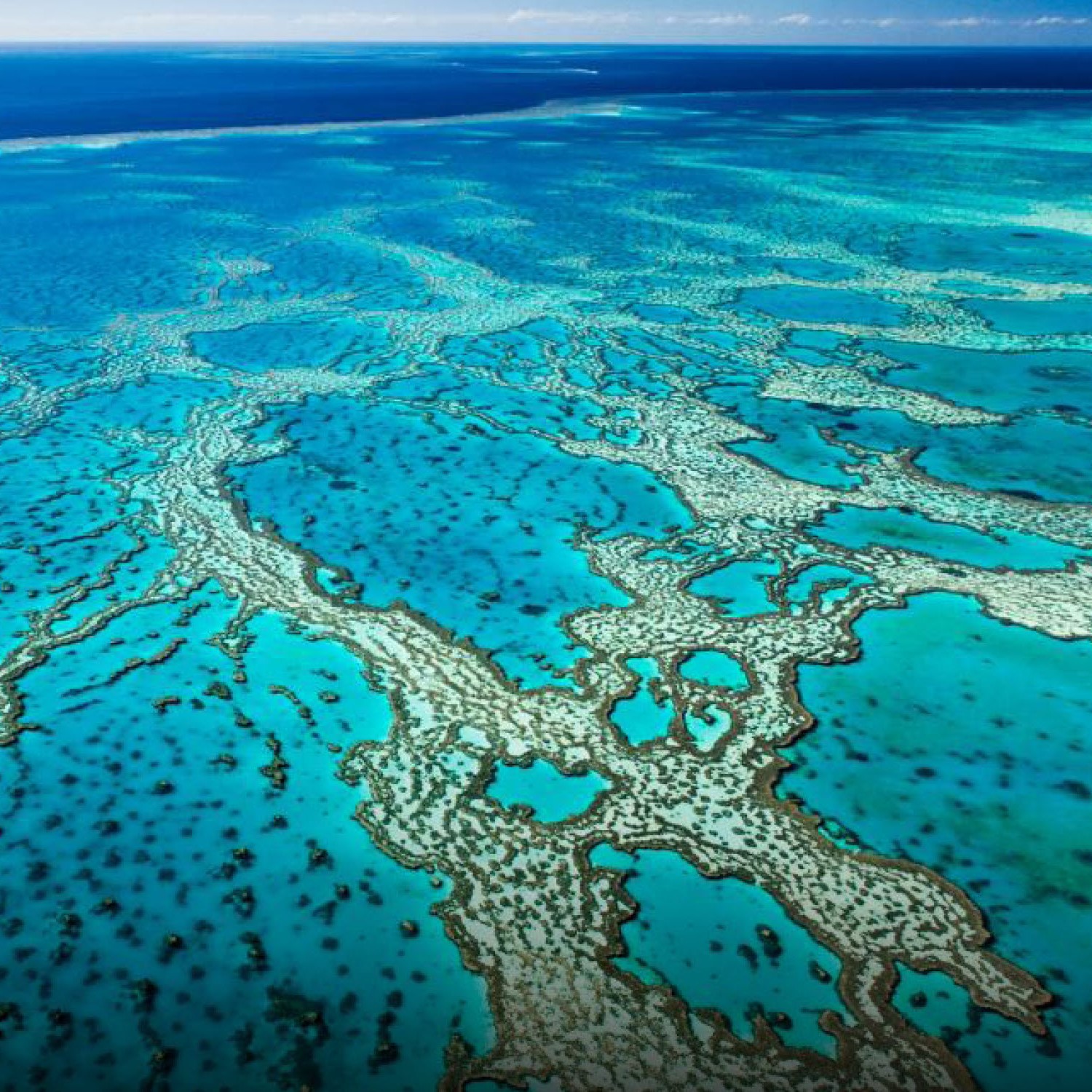For her contribution to the mechanistic understanding of exchanges of elements between microbial communities and surrounding seawater, it is my great pleasure to announce that Dr. Angelicque “Angel” White is the recipient of the 2015 American Geophysical Union Ocean Sciences Early Career Award. Angel’s research focuses on the natural exchanges of elements between marine microbial communities and their environment. Highlights of her work include key advances on (1) how marine phosphorus dynamics modulates oceanic nitrogen fixation, a key source of new nitrogen in the tropics and subtropics, (2) the possible positive feedback mechanisms between mid–water column anoxia and surface nitrogen fixation, (3) mechanisms driving summer phytoplankton blooms in the subtropical North Pacific, and (4) new pathways of methane production in the surface ocean that may explain the decades-old mystery of surface water methane supersaturation. Angel’s insight and ability to creatively link a variety of disparate approaches have resulted in numerous high-impact publications that will be cited for years to come. Angel is also known for her superb communication skills and ability to work with others. She has initiated collaborations and contributed to projects with scientists from a number of institutes and raised several million dollars in grant funds from sources including the Alfred P. Sloan Research Fellowship, NASA, the National Science Foundation, and the Simons Foundation. In addition to being a seagoing research scientist, Angel also finds time to contribute to substantial outreach and education while also participating in numerous services to the oceanographic community. This is well beyond the call of duty for a young soft-money scientist at this career stage. Given her current trajectory in the field, I am excited to see where Angel’s research will lead next. I know it will continue to be exceptional.
—Claudia Benitez-Nelson, University of South Carolina, Columbia

On behalf of the journal, AGU, and the scientific community, the editors of Geophysical Research Letters would like to sincerely thank those who re...





